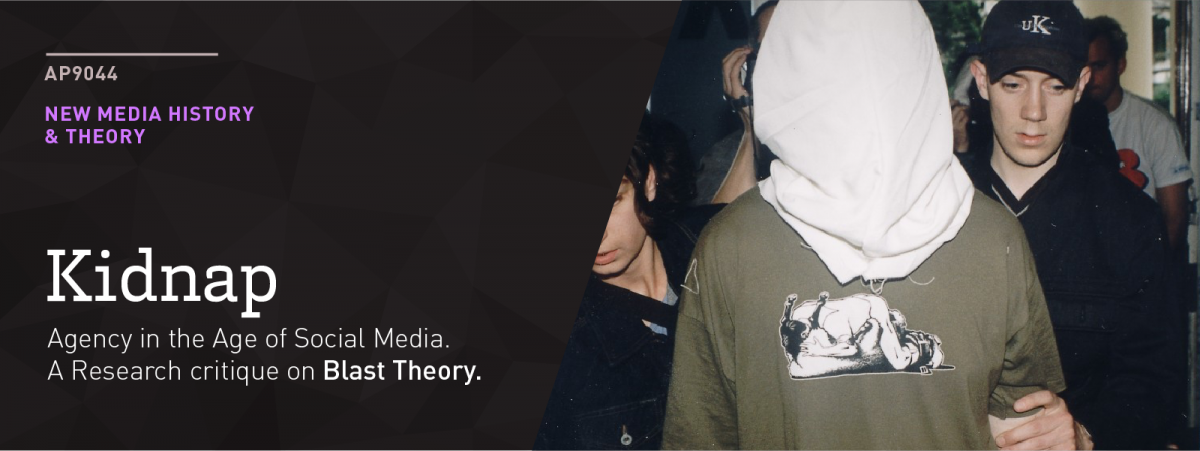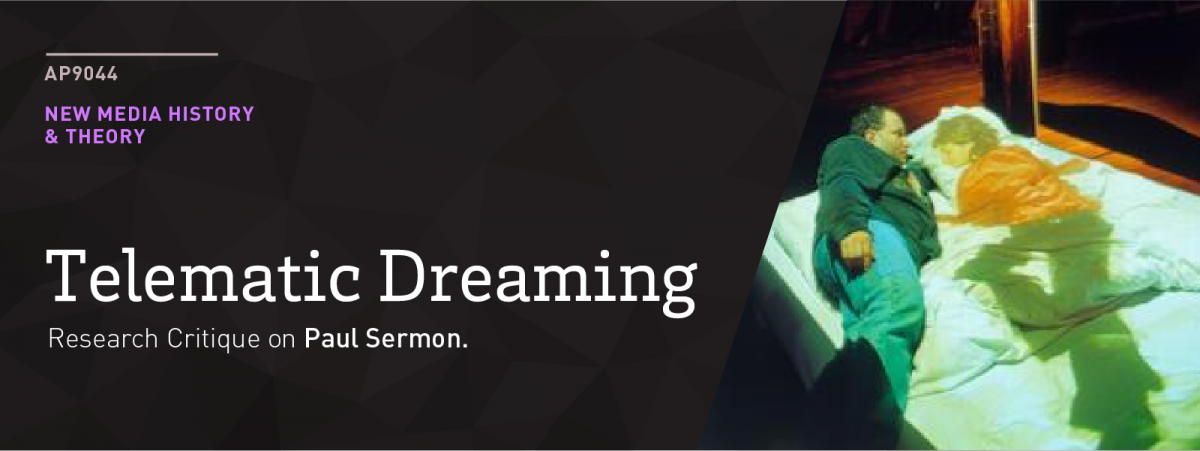For much of human history, people have understood to varying degrees that in order to live more comfortable lives, we as individuals had to give up certain personal liberties. Our prehistoric ancestors knew this when they started gathering into tribes to increase their chances of survival. As human dwelling groups got larger, individuals gave up some of their own personal freedoms to carry out tasks that contributed towards a greater purpose.
Leaders of varying levels came into the picture, becoming representatives that helped to steer parts of society so it could function as intended. Today, we understand this as politics and governance. We hold elections to have people represent us in varying levels of hierarchy such that large groups of us can live and function together with ease. We willingly give up some fraction of our personal agency in exchange for more convenient lives. That being said, we as a society are also constantly in flux when it comes to agreeing on how much agency should we concede to our representatives.
This thought forms the conceptual crux of Kidnap by Blast Theory, a performative art work that invited potential participants to be kidnapped. One of the strangest part of the work that audience had a difficult time reconciling with was the question why someone would willingly pay a £10 fee to essentially enter a raffle that might result with their kidnapping. In essence, this is a critique of modern society at a fundamental level. We pay taxes to a government (the entry fee) in hopes that they guide us the right way (the act of giving up control). We are not physically kidnapped as such, but the psychological essence is remarkably similar.
The way Kidnap pans out further echos this sentiment. In his interview with Maria Chatzichristodoulou, Matt Adams of Blast theory comments that “they were putting the audience body in a situation where one had to decide […] how to position themselves.” The audience members were “constructing an experience by filtering his/her understanding of what is going on.” The works mirror the way we naturally experience and process our surroundings because of how well they are tied to actual, in-world experiences. The audience are no longer ‘on rails’, experiencing a pre-determined narrative outcome with pre-determined visuals such as a film or painting. They become an integral part of the narrative itself, directly driving the final outcome. By leveraging the participation of their audience, Blast Theory in essence creates a scenario whereby the audience are directly responsible for the situations they place themselves in. Their agency, or lack thereof, makes the work.
Fast-forward to the 21st century and this questioning of agency becomes even more pertinent. Social Media has become a point of contention recently making Kidnap just as relevant almost 20 years on. Adams comments that it is important to understand “to what extent these technologies function as consumerist, solipsistic toys” and if they really do generate social transformation. Much of the discussion centers around our lack of agency over the data we create and how all of this data gets weaponized against us to mainly further capitalistic and political ambitions. To many of us, these social media networks are marketed as utopian sanctuaries where people of similar interests can gather to meet new friends and reconnect with old ones. However in doing so, most of us are either unaware or unwilling to accept that we are exchanging our data and privacy to become a part of these networks. Ultimately, these networks are also businesses that have costs and must face the challenge of remaining profitable.
In our fervor to express our individuality with the rest of our social circle, we populate our streams and profiles with highly personal and identifiable information that paint extremely accurate pictures of who we are. This participatory act of giving up our data is, for all intents and purposes, exactly the same action agreeing to be kidnapped by members of Blast Theory or giving up liberties so we may be governed. It is an intrinsic part of being an inhabitant on these networks. If this is the case, then are we allowed to be dissatisfied when these services use the data they gather to fund their operations or affect decisions? Are we justified in our stance that these networks should not be allowed to use the very information that we so willing contribute? Are we justified to believe that this data is not to be used in any shape, way or form when we were so willing to give it up just moments before under the guise of connecting and communicating?
Much like it was for the audience participants of Kidnap, this issue becomes a question of “how much agency are we truly comfortable with?” Similar to the participants, we as modern humans have collectively deemed that the use of social media to connect with one another is enough of a convenience to part with our privacy and data by way of the content we publish onto these mediums. If we are comfortable doing this, we should be just as comfortable realizing how much of it is used as a means to profile and categorize us. Instead, we enter a state of mass hysteria and panic just like how the participants of Kidnap became more and more concerned about the ‘boundaries’ of their kidnapping despite agreeing to it themselves in the first place. Perhaps, the answer (and the message Blast Theory was attempting to communicate via Kidnap) is to participate in the act of actually losing all of it in the first place – such that we may learn firsthand what it truly means to retain the power of choice, agency and freedom as an individual.


